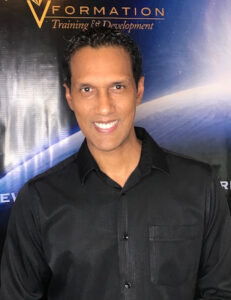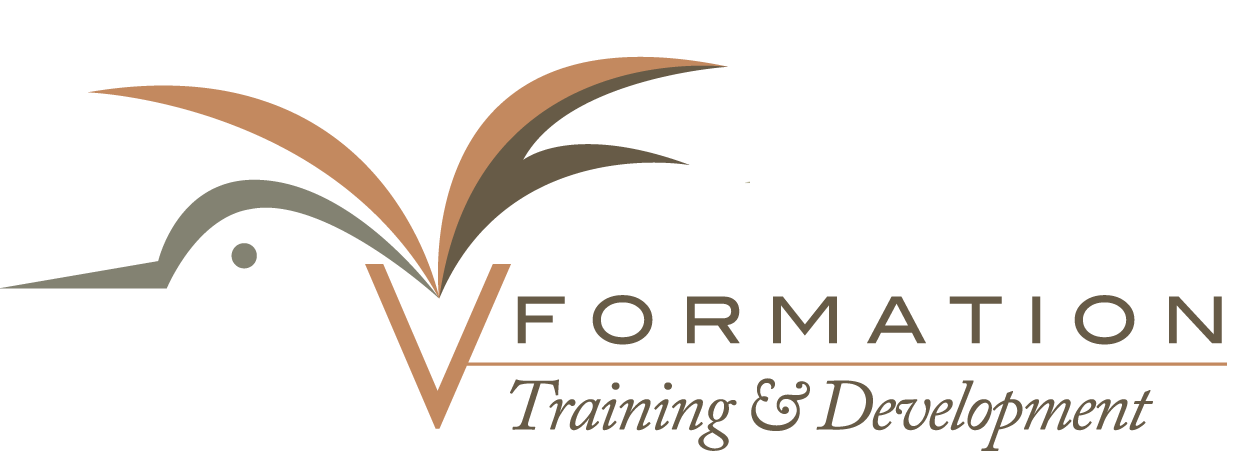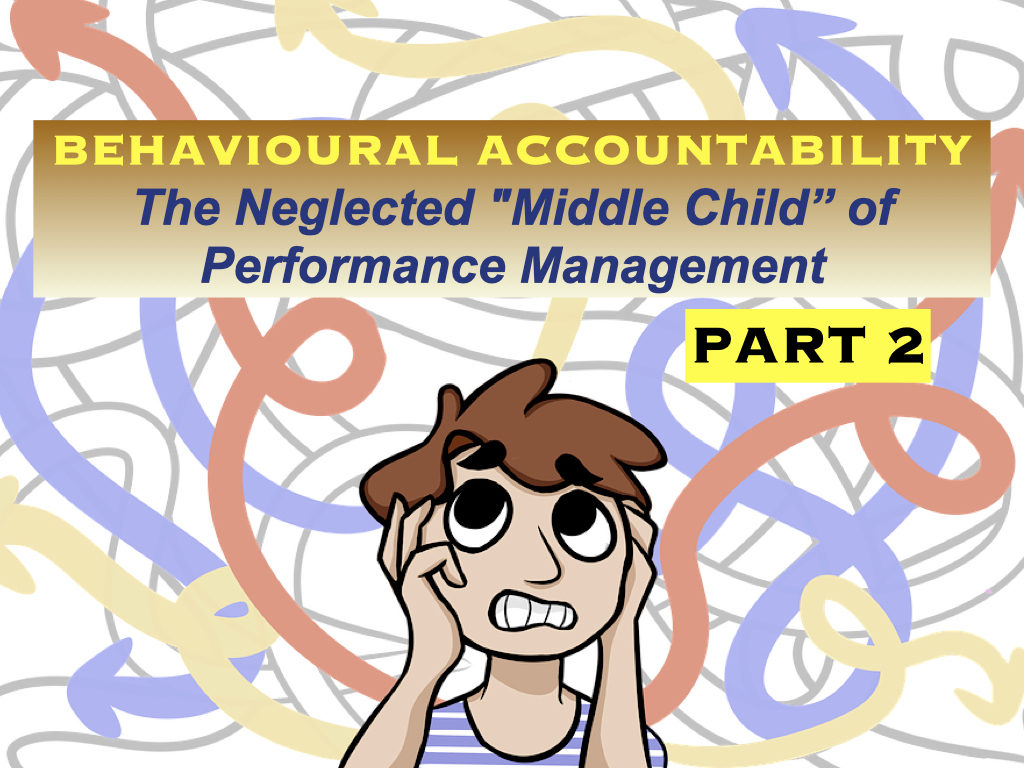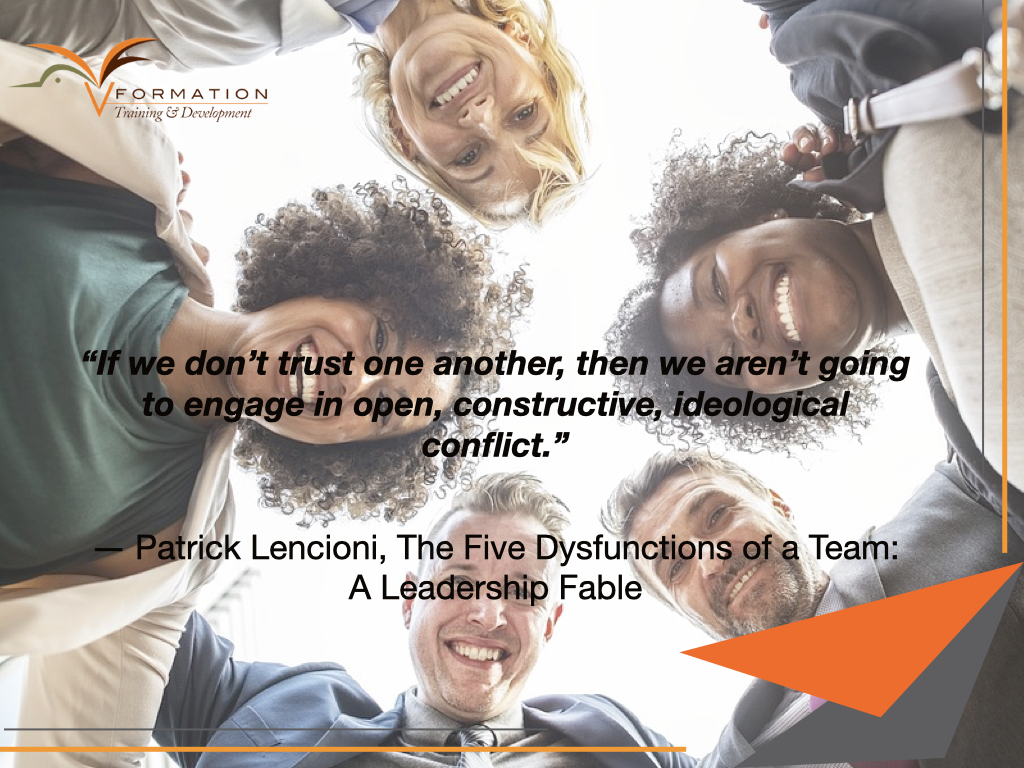
Blog
Your Role in Dealing With a Challenging Workplace: The Power of Purpose
By Tony Ragoonanan
I have been there too. You get the job that you have been anxiously anticipating, it seems to align with your values and it offers everything you ever wanted. Your boss seems to be supportive of you, and the team just seems to be gelling. Everything is great and then….harmony seems to drift off into the distance!!
It reminds me of the time I went to a fast food restaurant and ordered a burger but when it arrived, it looked like an imposter “standing in” for the version in the picture. Sometimes I have thought about asking if they would accept “Monopoly” money instead!! I always keep some in my pocket just in case. 🙂
Anyway….
 I understand that every company has its challenges but there are times when there is a need for a bit more critical thinking, maybe a touch of inspiration, or simply an improvement in the quality and frequency of conversations. Some companies are really great at creating inviting first impressions and even though they mean well, when routines and habits set in, they seem to lose alignment with all of the fantastic ideas that look great on paper.
I understand that every company has its challenges but there are times when there is a need for a bit more critical thinking, maybe a touch of inspiration, or simply an improvement in the quality and frequency of conversations. Some companies are really great at creating inviting first impressions and even though they mean well, when routines and habits set in, they seem to lose alignment with all of the fantastic ideas that look great on paper.
The truth is that organizational values should be something that everyone within it should share, but unfortunately, communicating or maintaining these values becomes a “task” because there is just “too much work” to be done. Nothing is wrong with getting things done, but the focus should also be on the “WHY”, and the “HOW,” not just the “WHAT”.
The “WHY” brings clarity and has the potential to increase the quality of work to be done. This is all about purpose.
There are many factors that make a workplace challenging and the symptoms may resemble these:
- Employees don’t seem motivated and do not demonstrate their full potential
- Employees are afraid to speak up

- The leader/employee relationship is unhealthy
- The turnover rate is high
The fact is that these things occur more often than any of us would like to admit, but all is not lost. The idea here is that we have the choice to focus on something that we can actually control and that is ourselves. By doing this, maybe we can also influence outcomes. It’s what WE do with the experience that matters.
The one thing that you should never do is assume that you have no power.
Here are 5 possibilities that YOU can consider and they all have an extremely compelling “WHY”:
1. Reframe the experience – How you feel at any moment is a direct result of the “story” you are telling yourself. Be objective about what you can learn from any experience and then move forward. These situations can provide clues to the powerful lessons they provide. For example, how someone is reacting may be because of something they are going through personally. Any negative emotion you feel can inhibit your potential to get the job done.
Changing your perception of the situation will change how you “show up” in the interaction and how you “show up” can influence the behaviours around you, which leads to my next point.
2. Look at yourself – Is it possible that you may be creating an environment around you that is dictating how others deal with you? What do you think happens to a “pushover?” Don’t be a professional victim. Ask yourself: “Is there anything that I could have done differently?” Be as objective as possible.
On the other end of this, it could be that the work environment itself is hampering your expression which brings me to my next point.
3. Be good at what you do – As long as you reveal your expertise in your field of work, you have a better chance of gaining credibility from those with whom you interact. With this in place, you are much more likely to go through and deliver on your commitments and be consistent with them as well. In this way, you would be providing proof of excellent performance. According to Roberto Cialdini, Author of “Influence: The Psychology of Persuasion,” Authority, Commitment and Consistency, and Social Proof all come into play here as they are 3 of the 6 principles of persuasion that prove to be very effective no matter what the cultural context. This, of course, doesn’t come without its caveat, which is, how you are communicating with others to get things done is not to be ignored.
4. Be assertive – I recently did a training session at a major oil company where a participant said that being assertive is not viewed in a positive light at their company and it may be held against them. Does this sound familiar? My first question was; “are there no assertive employees in the company?” Please do not confuse being assertive with being aggressive. Simply saying what you feel is not the definition of assertiveness. I get this definition all the time when I do assertiveness exercises and my first comment is; “Aggressive people say what they feel also.” So, let’s separate the two.
Assertiveness is the ability to express one’s feelings and assert one’s rights while respecting the feelings and rights of others.
In other words, it is about speaking up with the intention of creating a “win-win.” It is not always possible but it is always a good idea to at least aim for it when a situation calls for it!! It will increase your success rate in your interactions. Please keep in mind that you don’t have to be assertive in every interaction, however, it is a good idea to be capable of it when it is required.
5. Forgive the “difficult” person – This is always a bit of a challenge and I don’t necessarily want you to get together and sing Kum Bah Yah, but forgive for selfish reasons, do it for YOU. If you think carefully, who exactly is getting the short end of the stick when you don’t forgive? It’s YOU, not the person you’re interacting with. The company may not be holding others accountable for their behaviour. It happens, and it is not your fault but any frustration you feel can only inhibit your ability to move forward and it may even negatively impact the interaction you have with others.
This is a reminder that we must all protect ourselves in situations. Stick to your purpose. If not, the long-term effects can be devastating. We cannot control everything but we have the power and choice to direct our focus. It just takes a bit of self-awareness, a bit of courage, and a whole lot of commitment.
Tony  Ragoonanan is the Founder of V-Formation Training & Development. As a Trainer and Performance Management Specialist, he helps individuals, teams, and businesses to align behaviours and goals, create the right organizational culture, and maximize capability. Outside of this, it’s all about family, football, and fitness!!
Ragoonanan is the Founder of V-Formation Training & Development. As a Trainer and Performance Management Specialist, he helps individuals, teams, and businesses to align behaviours and goals, create the right organizational culture, and maximize capability. Outside of this, it’s all about family, football, and fitness!!
868-681-3492 | tonyr0909@gmail.com





Leave a reply